If you are looking for a fast and easy way to convert your GIF files to JPEG, look no further. Our website offers a wide range of converters that can help you achieve this in just a few simple steps. Whether you want to convert a single image or multiple files, our converters are designed to make the process quick and efficient. Why would you want to convert GIF files to JPEG? One of the main reasons is that JPEG files are more widely supported and compatible with various devices and software. Unlike GIF, JPEG supports a larger color palette, making it perfect for storing photographs and complex images. It also offers better compression, which means smaller file sizes without significant loss of quality. By converting your GIF files to JPEG, you can ensure that they can be easily viewed and shared across different platforms and devices. Our converters provide a user-friendly interface, allowing you to quickly select and convert your GIF files to JPEG format. You can choose from online converters, which require no software installation, or software-based converters that offer additional features and customization options. Whether you're a beginner or an advanced user, our converters cater to all levels of expertise.


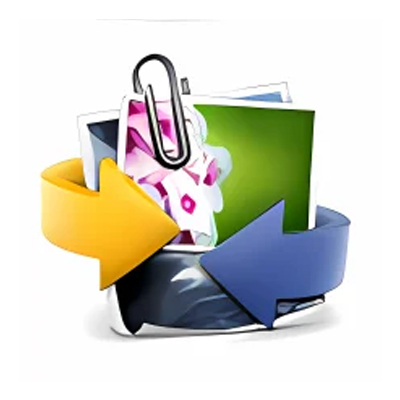

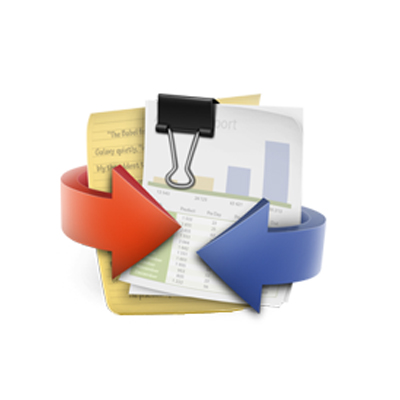
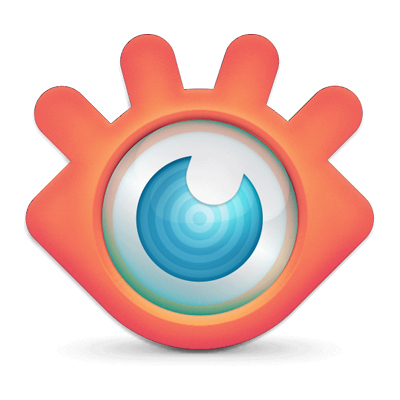






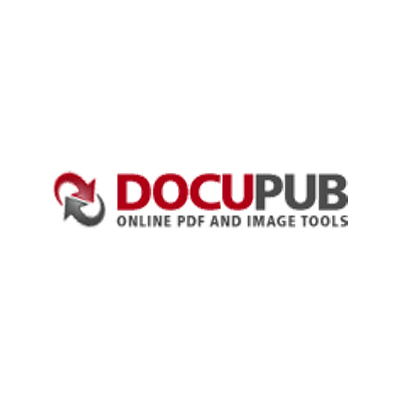





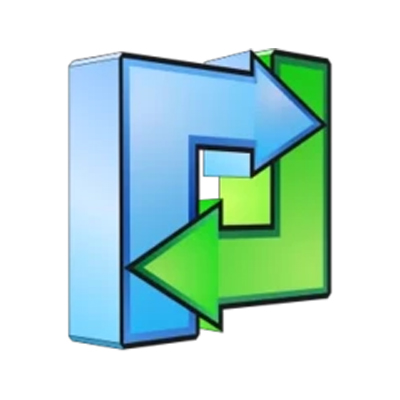
GIF (Graphics Interchange Format) files are a popular image file format that supports both static and animated images. They are widely used on the internet and have become synonymous with short, looped animations commonly known as GIFs. GIF files use lossless compression, which means that they retain all the original image data without sacrificing quality. This makes them ideal for simple graphics, logos, icons, and animations with a limited number of colors. GIF files can be easily viewed on any modern web browser and can be embedded in websites, social media platforms, and messaging apps. They are also commonly used in memes and other humorous internet content. GIF files have a relatively small file size and load quickly, making them a popular choice for web designers and content creators.
A JPEG file is a common type of image file format used to store and compress digital images. It is widely used due to its ability to reduce the file size while maintaining relatively good image quality. This makes JPEG files ideal for sharing and displaying photographs and other visually rich content on the internet. The format uses lossy compression, meaning that some data is discarded in the process of reducing file size. As a result, the image quality may degrade slightly when compared to the original. However, the level of compression can be adjusted to balance file size and image quality, allowing users to find the right trade-off for their needs.